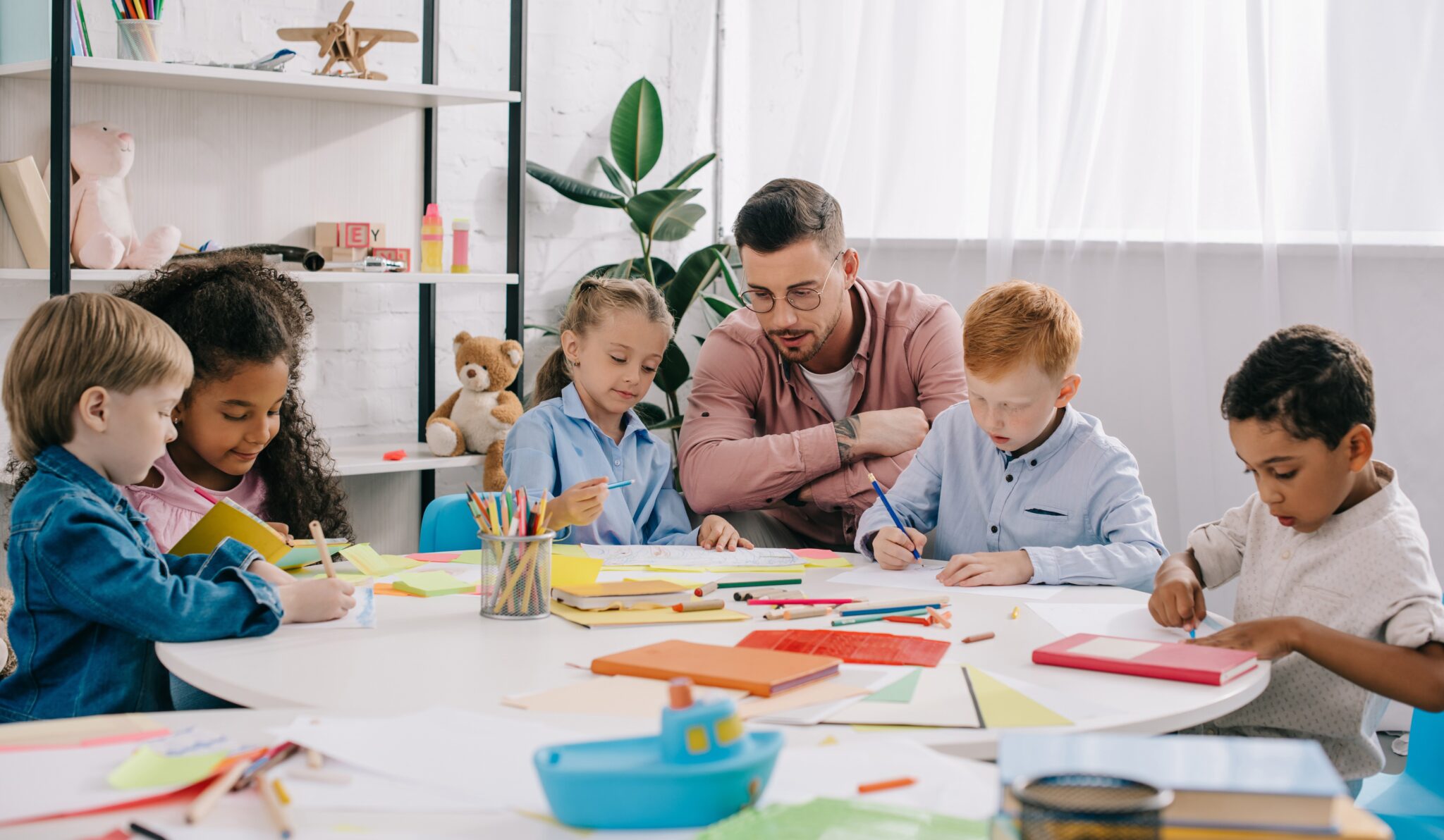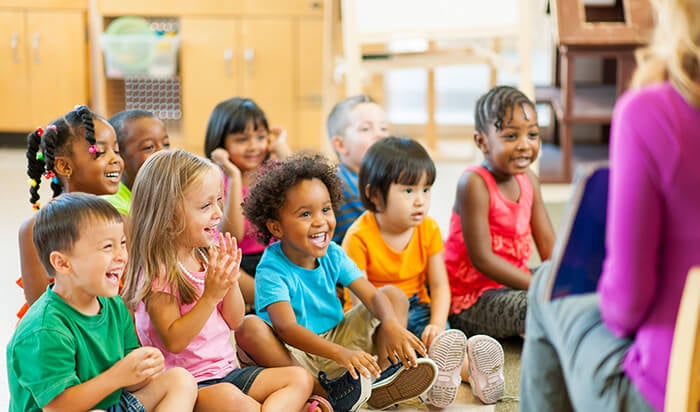The Collaborative Journey of Early Childhood Education for Children and Parents

Early childhood education plays a pivotal role in shaping the lives of children, but its impact extends beyond the classroom. It creates a mutually beneficial relationship between children and parents, fostering growth, development, and shared experiences. In this article, we will explore how early childhood education positively influences both children and parents, promoting a harmonious and supportive learning environment.
1. Nurturing Child Development:
Early childhood education provides a structured setting where children can develop essential cognitive, social, and emotional skills. Through age-appropriate activities, they learn to communicate, problem-solve, and express themselves effectively. As children grow and thrive in these educational settings, parents witness their child’s progress and become more actively involved in their development.
2. Parental Involvement:
Early childhood education encourages parental involvement, creating a strong partnership between parents and educators. Parents are encouraged to participate in school activities, attend parent-teacher meetings, and engage in their child’s learning journey. This active involvement allows parents to gain valuable insights into their child’s strengths, challenges, and progress, fostering a deeper connection and understanding between parent and child.
3. Shared Learning Experiences:
Early childhood education provides opportunities for parents to engage in shared learning experiences with their children. Through activities such as reading together, participating in educational workshops, or assisting with homework, parents become active participants in their child’s educational journey. This shared experience not only strengthens the parent-child bond but also enhances the child’s learning outcomes.
4. Parental Skill Enhancement:
Engaging with early childhood education can also benefit parents by enhancing their own knowledge and skills. Parenting workshops and educational resources offered by early childhood education programs provide parents with valuable insights into child development, effective parenting techniques, and strategies for supporting their child’s learning at home. This knowledge empowers parents to better navigate the challenges of parenthood and create a nurturing environment for their child’s growth.
5. Strengthening Family Relationships:
By actively participating in their child’s early education, parents strengthen family relationships. The shared commitment to a child’s learning journey fosters open communication, trust, and cooperation within the family. Engaging in activities related to early childhood education, such as helping with school projects or discussing educational goals, allows parents and children to bond and develop a deeper understanding of each other.
Early childhood education creates a symbiotic relationship between children and parents, where both parties benefit from the experience. It empowers children to develop essential skills and knowledge, while parents actively participate in their child’s growth and gain insights into their development. By fostering a supportive learning environment, early childhood education strengthens the parent-child bond, enhances family relationships, and sets the stage for lifelong learning and success.


